The Art of Scent: 7 Fascinating Facts Every Perfume Lover Should Know
The Art of Scent: 7 Fascinating Facts Every Perfume Lover Should Know
Perfume is more than just a luxury item—it’s an art form, a science, and a deeply personal experience. Whether you’re a devoted collector, a fragrance newbie, or someone who simply enjoys spritzing on a signature scent every morning, there’s a whole world of fascinating facts behind those beautifully bottled creations. Let’s explore some intriguing tidbits that will deepen your love for perfume and give you plenty to share with fellow fragrance enthusiasts!
1. Perfume is Older Than You Think
Perfume has been enchanting noses for over 4,000 years! The word "perfume" comes from the Latin phrase per fumum, meaning "through smoke," which refers to the early use of burning aromatic woods and resins in religious ceremonies. Ancient Egyptians were known to use scents as part of their rituals and even included fragrant oils in their beauty routines. Cleopatra herself was rumored to have used exotic perfumes to captivate everyone around her.
2. Fragrance Layers are Like a Symphony
Every perfume is built with three layers:
- Top Notes: The first impression, like a burst of citrus or florals, that lasts 15–30 minutes.
- Heart Notes: The soul of the fragrance, which emerges once the top notes fade. Think spices or soft florals lasting 2–4 hours.
- Base Notes: The lingering essence, often woody or musky, that can stay with you all day.
The careful crafting of these layers is why your perfume smells different at the start versus hours later—it’s a scented story unfolding on your skin.
3. Perfume Smells Unique on Everyone
Ever wondered why a scent smells divine on your friend but slightly different on you? Your skin’s unique pH level, body chemistry, and even diet can influence how a fragrance develops. That’s why testing a perfume on your skin before purchasing is key—you’re creating a unique partnership with the scent.
4. Natural Ingredients Make Fragrances Extra Special
Some of the world’s most prized perfumes use rare natural ingredients like oud (extracted from agarwood), ambergris (a waxy substance from sperm whales), and orris root (from iris plants). These ingredients are often harvested or aged over years, adding depth and complexity to the scent.
For those who prefer vegan or sustainable options, many modern perfumers are now creating stunning synthetic alternatives that are eco-friendly and cruelty-free.
5. The Most Expensive Perfume in the World Costs Millions
The record for the most expensive perfume is held by Shumukh, a fragrance priced at $1.29 million. The bottle itself is a masterpiece, adorned with gold, diamonds, and pearls, but the scent—a luxurious blend of sandalwood, musk, rose, and rare Indian agarwood—is equally opulent. While most of us won’t splurge on such a creation, it’s a testament to the artistry of perfumery.
6. Perfume and Memory are Powerfully Linked
Your sense of smell is closely tied to the brain’s limbic system, which processes emotions and memories. That’s why catching a whiff of a familiar scent—like your grandmother’s perfume or the aroma of freshly baked cookies—can instantly transport you back in time. Perfume can create lasting memories, making it a deeply personal and emotional accessory.
7. You’re Probably Storing Your Perfume Wrong
Did you know sunlight, heat, and humidity can break down your favorite scents? Bathrooms are one of the worst places to store perfume, as fluctuating temperatures can ruin the fragrance over time. For maximum longevity, keep your bottles in a cool, dark place—like a drawer or a dedicated shelf away from sunlight.
Bonus: How to Choose Your Signature Scent
Finding your go-to fragrance is an adventure worth savoring. Here’s how to start:
- Explore Fragrance Families: Are you drawn to fresh citrus, sweet gourmands, floral bouquets, or smoky woods? Understanding scent families can narrow your options.
- Test Before You Buy: Always try perfume on your skin to see how it develops over time-- and this is exactly why we sell samples of every perfume in our fragrance library!
- Experiment with Layering: Pair two complementary scents to create something uniquely you.
Final Spritz
Perfume is a world of artistry, science, and personal expression. Every spritz is a celebration of history, craftsmanship, and your unique story. So the next time you apply your favorite scent, take a moment to appreciate the thought, care, and magic behind it.
Ready to explore your next fragrance? Check out our curated collection of perfumes and find your next olfactory adventure.
Perfume Lovers, Fragrance Tips, Perfume Fun Facts, Scent Inspiration, Signature Scent Journey
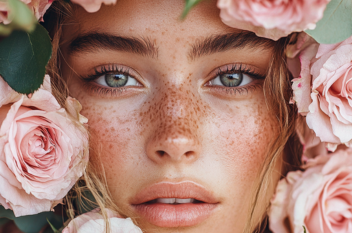









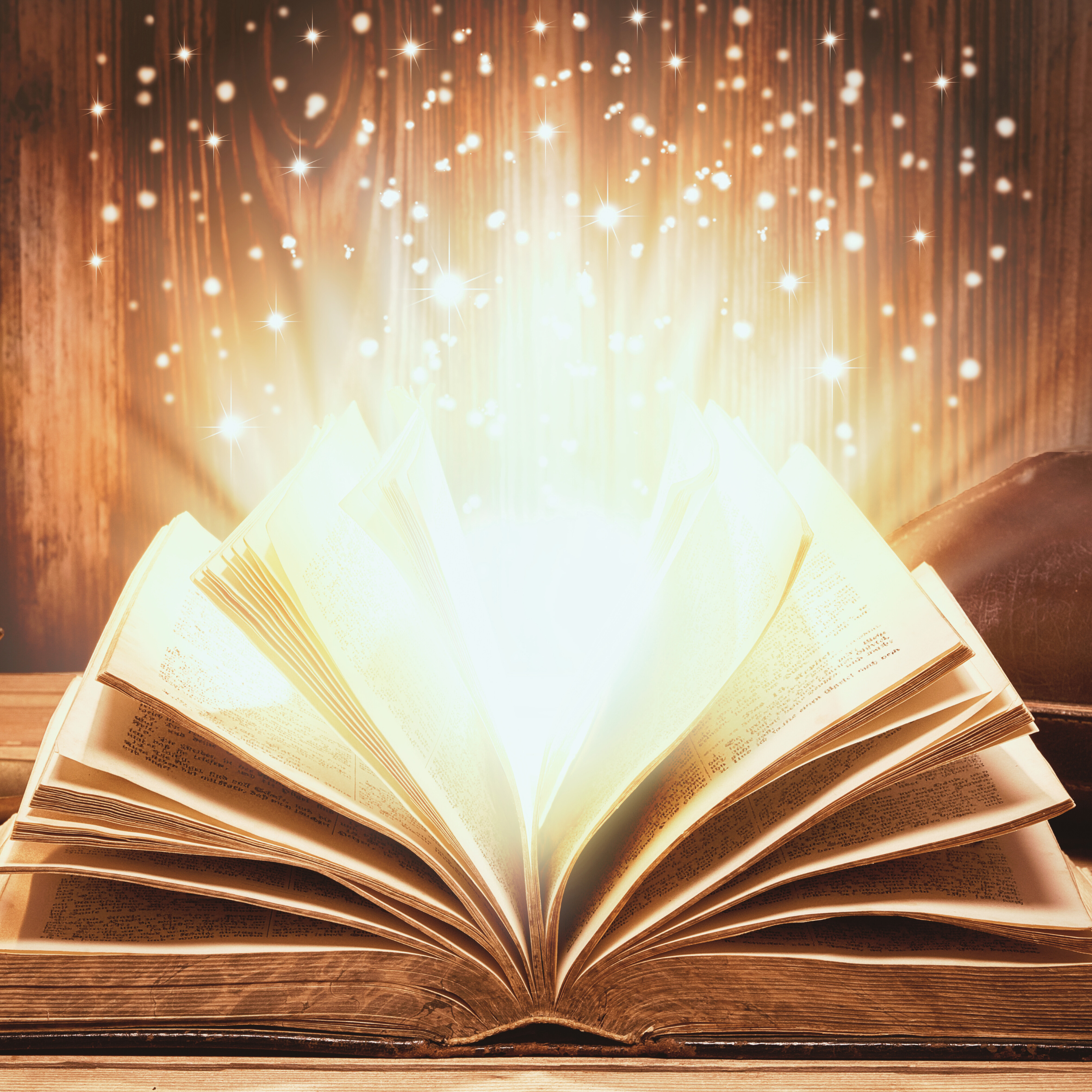











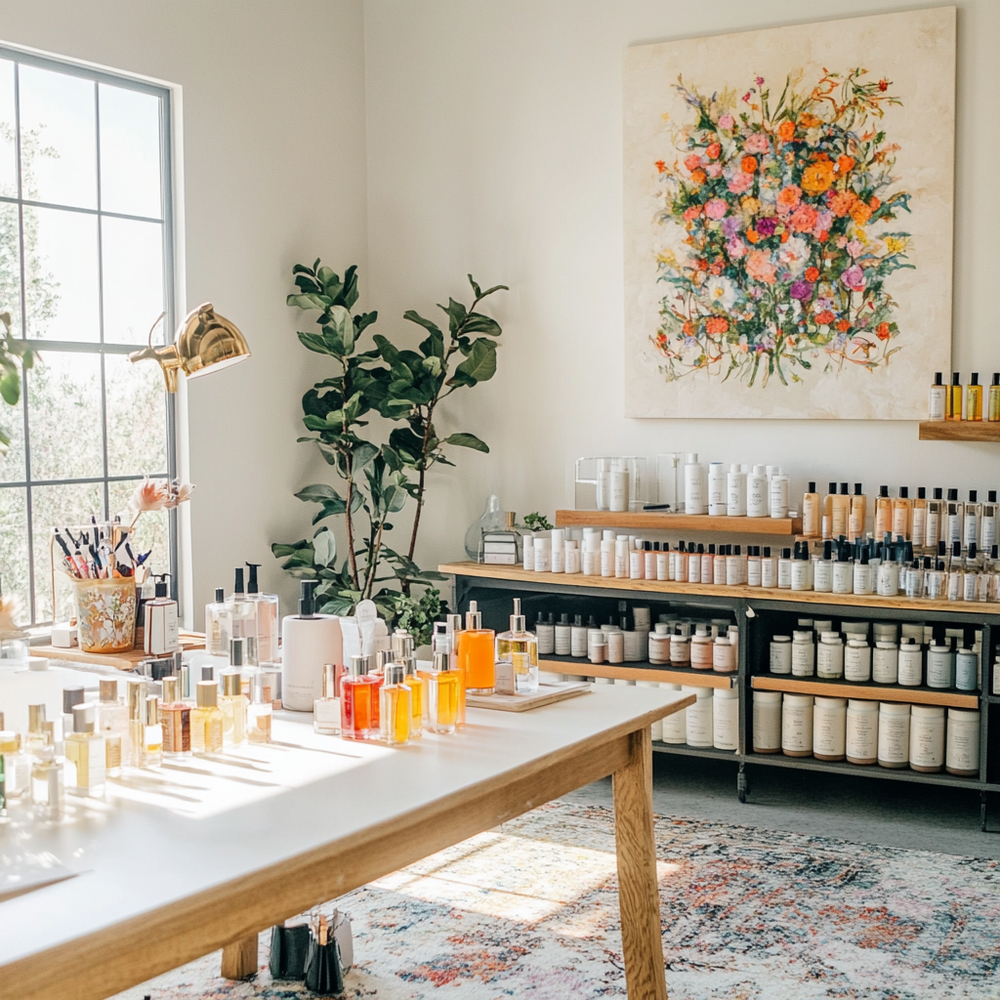




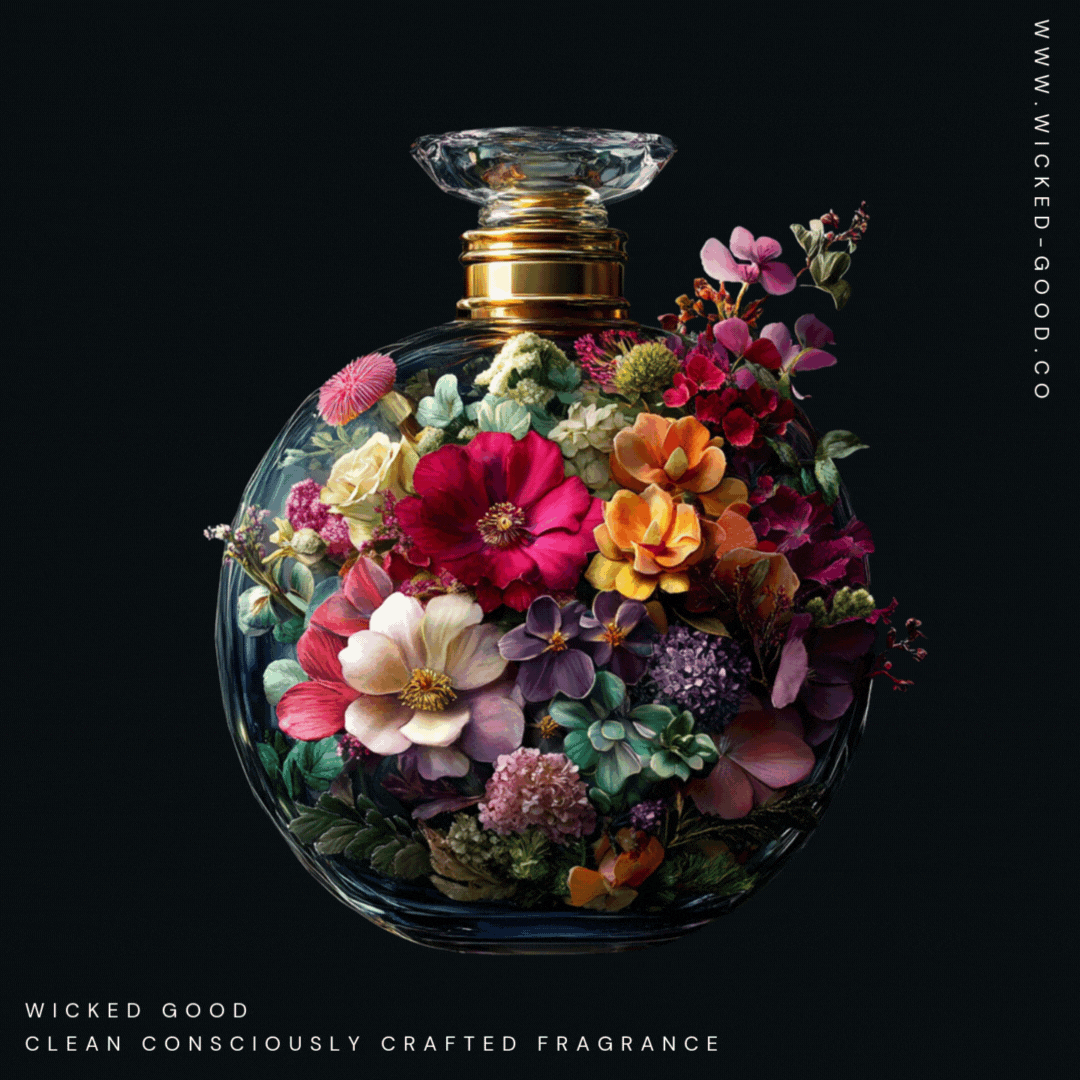
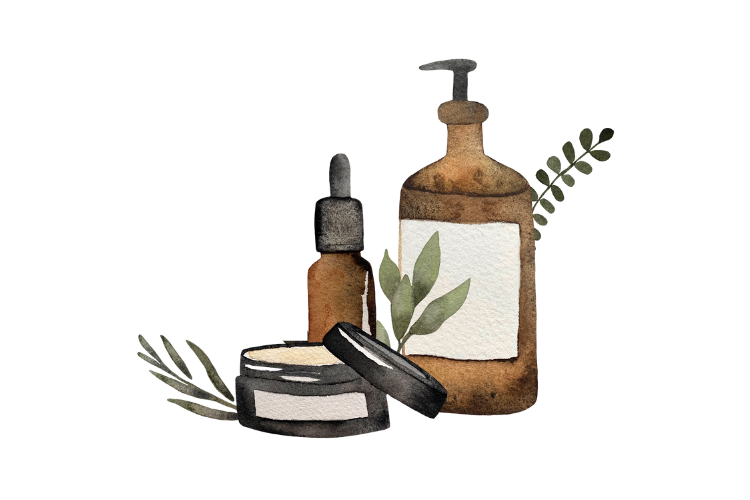
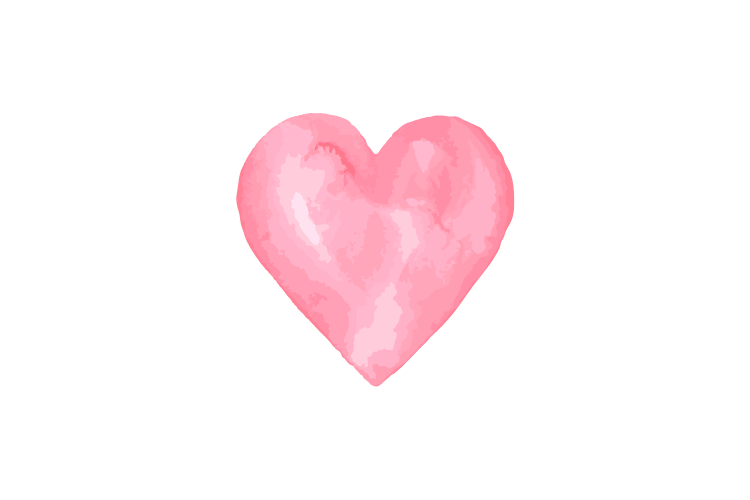
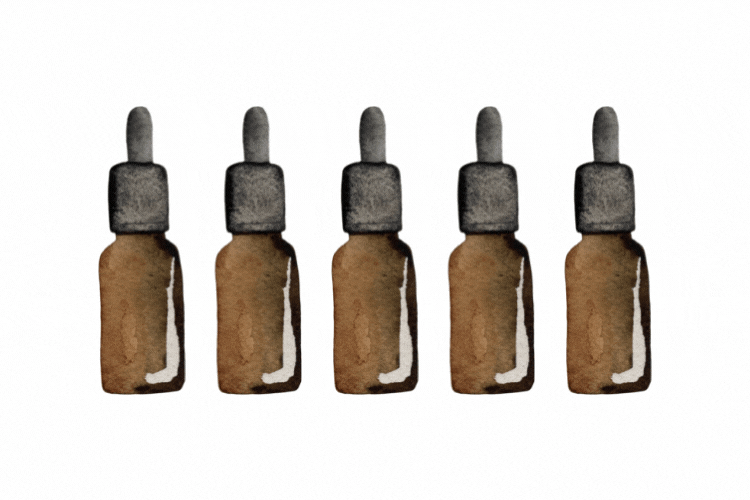
Leave a comment